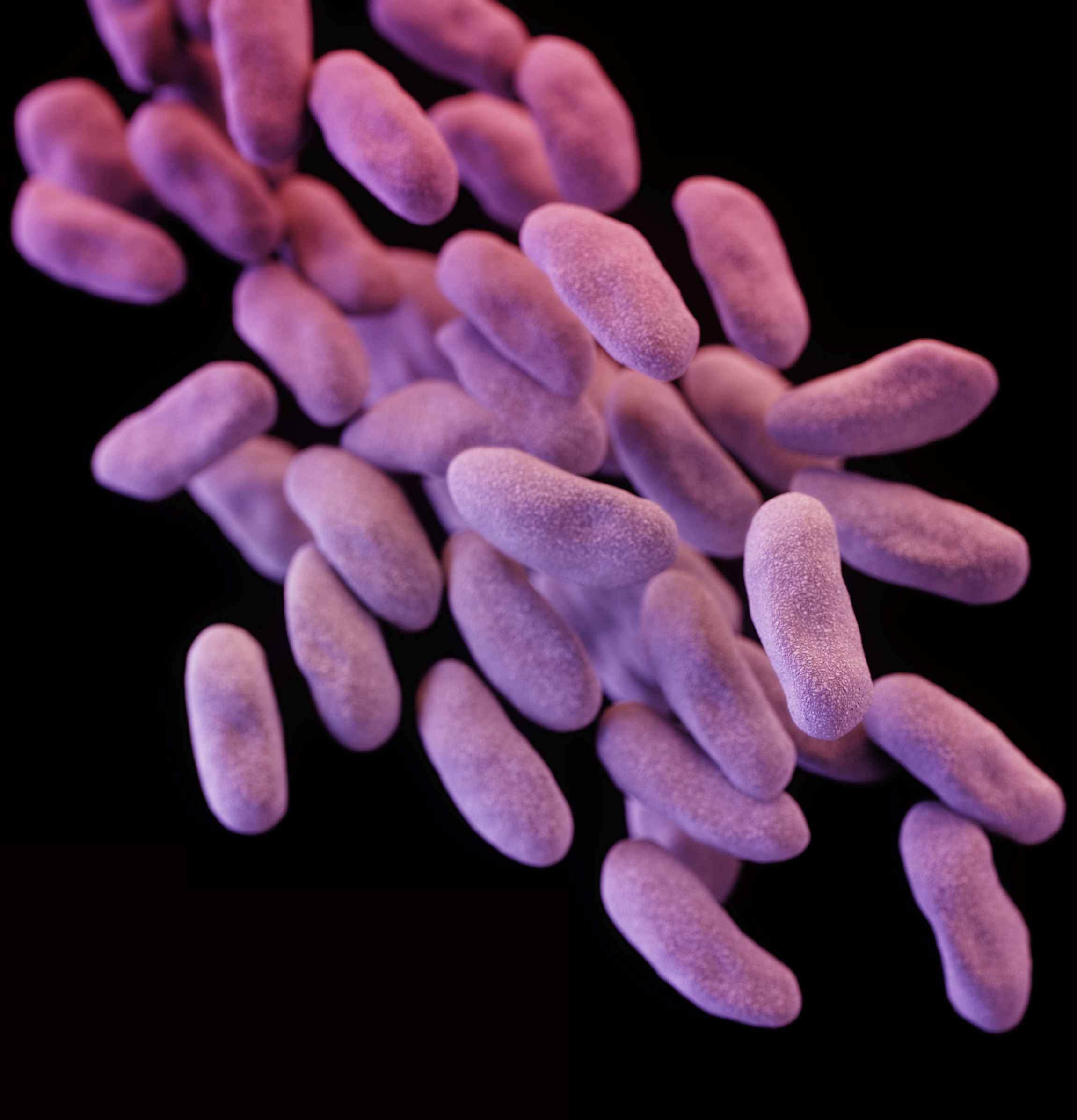Soaring antibiotic use in animals fuels ‘super bug’ fears
Developing countries are pumping livestock full of antibiotics at such a startling rate that they are dramatically increasing the risk of creating drug-resistant “super bugs”, scientists warned on Monday. Antibiotic use in animals is expected to surge by two thirds globally between 2010 and 2030, while doubling in emerging giants like China, Brazil, India and Russia, according to a Princeton University study. It warned that the practice is pushing us closer to a time when common infections could become a death sentence because they will no longer respond to drugs. Urbanisation, increased wealth and changing diets mean industrial livestock producers are expanding rapidly and consumption of meat, milk and eggs is growing fast. Bacteria like E. coli and salmonella are already becoming resistant to antibiotics, increasing fears that these diseases will endanger humans.
[The systematic use of low doses on livestock is creating] perfect conditions to grow resistant bacteria.
co-author Tim Robinson, a scientist with the International Livestock Research Institute (ILRI)
Asia is the main region of concern as this is where demand for livestock products is growing dramatically while regulations governing antibiotic use in animals are either non-existent or not publicly available, scientists say. China’s livestock industry alone could soon be consuming nearly one third of the world’s antibiotics. The five countries with the largest projected increases in antibiotics consumption are Myanmar (205 per cent), Nigeria (163 per cent), Peru (160 per cent) and Vietnam (157 per cent).
Poor livestock producers aren’t responsible for this problem, it’s the big firms rushing to meet demand in the growing cities.
Tim Robinson

Health